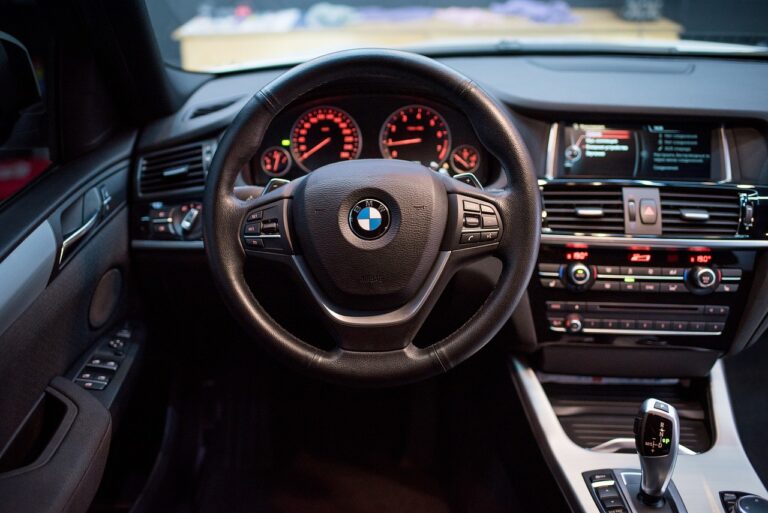The Future of In-Car Health Monitoring Systems
The integration with wearable devices has revolutionized the way we monitor our health and well-being. These sophisticated gadgets allow for continuous tracking of vital signs, such as heart rate, sleep patterns, and activity levels, providing valuable insights into our overall health. Wearable devices like smartwatches and fitness trackers have become increasingly popular due to their convenience and accuracy in capturing real-time data.
By seamlessly connecting with smartphones and other devices, wearable technology enables users to access their health data instantly and conveniently. With the ability to sync with various health and fitness apps, individuals can easily monitor their progress, set goals, and make informed decisions about their lifestyle choices. The integration of wearable devices has not only made health monitoring more accessible but has also empowered individuals to take charge of their well-being like never before.
Real-time Monitoring of Vital Signs
Real-time monitoring of vital signs has been revolutionized with the integration of wearable devices into healthcare systems. These innovative technologies allow for continuous tracking of essential health metrics, providing valuable insights into the patient’s well-being. From heart rate and blood pressure to oxygen saturation levels, these devices offer real-time data that can aid in early detection of any potential health issues.
By leveraging the capabilities of wearable devices, healthcare professionals can now access vital sign information instantaneously, enabling prompt interventions when necessary. This seamless integration of technology not only enhances the efficiency of healthcare delivery but also empowers individuals to take a proactive approach towards their health. With the ability to monitor vital signs in real-time, patients can actively engage in managing their health, leading to improved outcomes and a higher quality of life.
What are some benefits of real-time monitoring of vital signs?
Real-time monitoring of vital signs allows for early detection of any health issues or abnormalities, leading to timely interventions and improved outcomes.
How can wearable devices be integrated for real-time monitoring of vital signs?
Wearable devices such as smartwatches or fitness trackers can be synced with apps or platforms that collect and analyze vital sign data in real-time for continuous monitoring.
Is real-time monitoring of vital signs only useful for individuals with pre-existing health conditions?
No, real-time monitoring of vital signs can be beneficial for anyone looking to track their health and wellness on a regular basis, as it provides valuable insights for overall well-being.
Can real-time monitoring of vital signs be used in emergency situations?
Yes, real-time monitoring of vital signs can be critical in emergency situations to quickly assess a person’s condition and provide necessary medical assistance.
How accurate is real-time monitoring of vital signs using wearable devices?
Advances in technology have improved the accuracy of vital sign monitoring using wearable devices, making them reliable tools for tracking health metrics in real-time.





